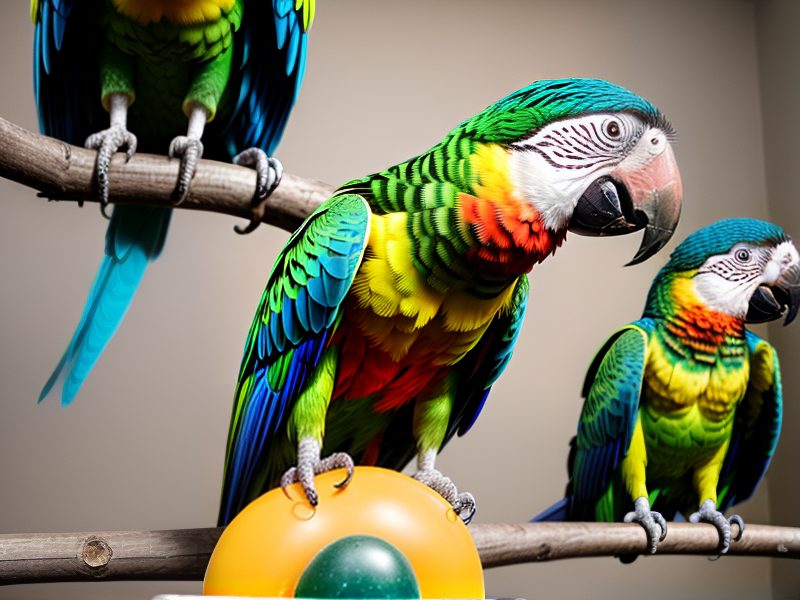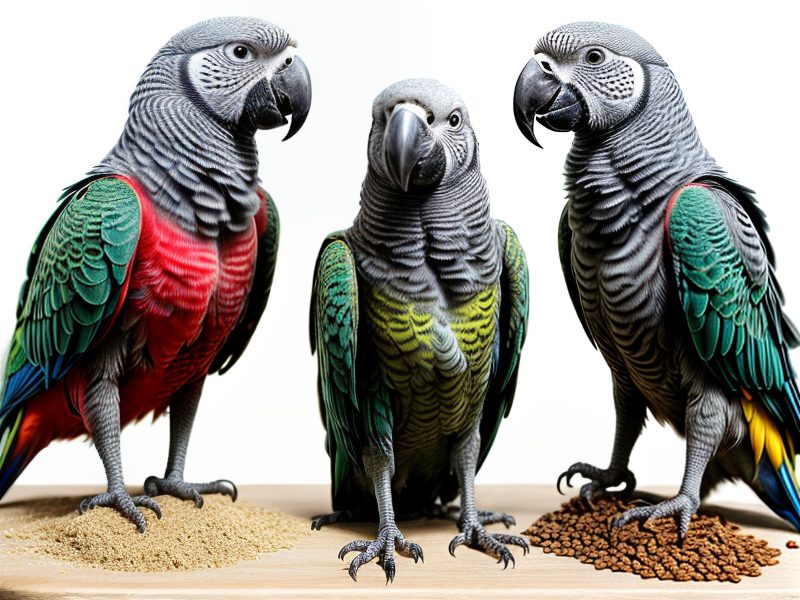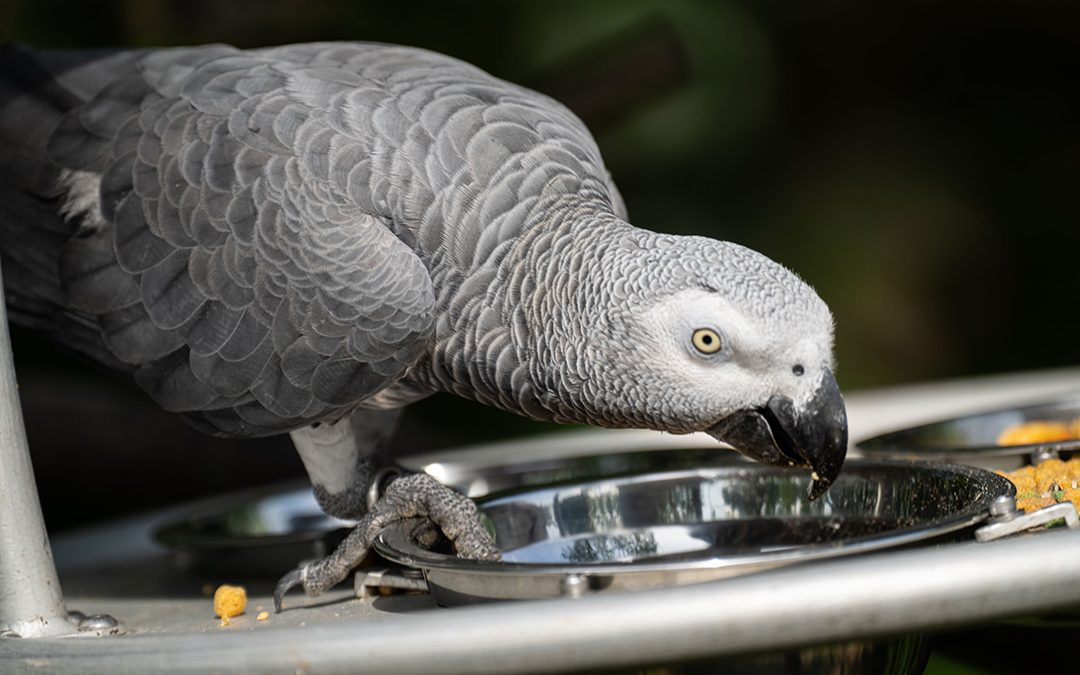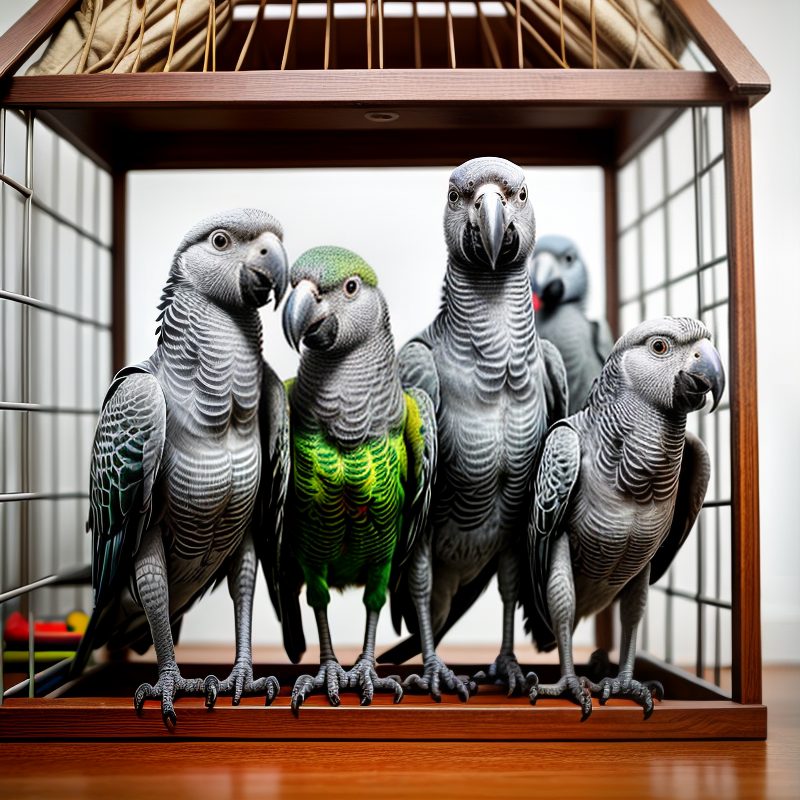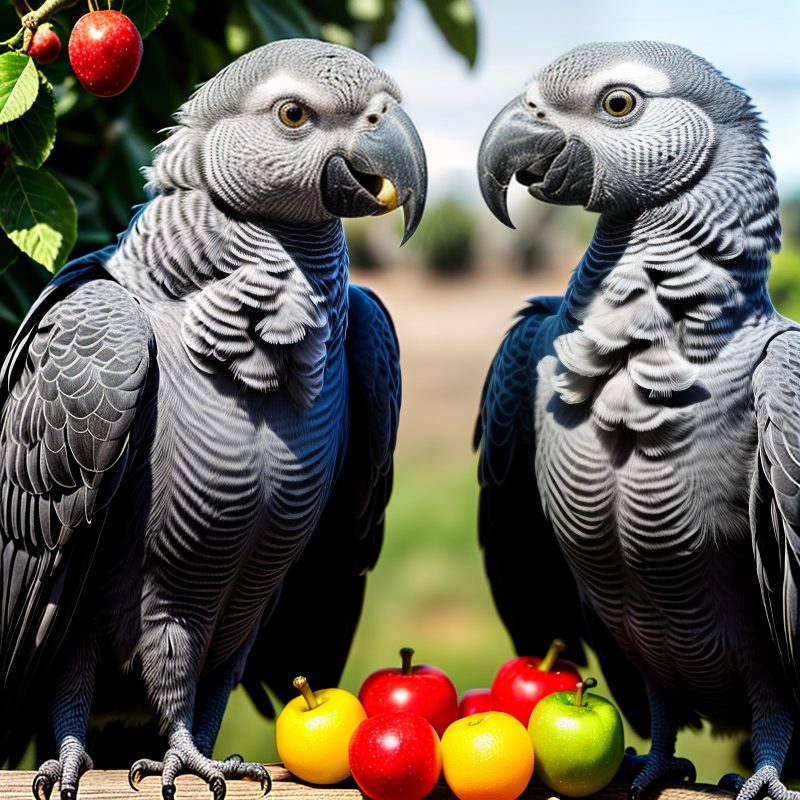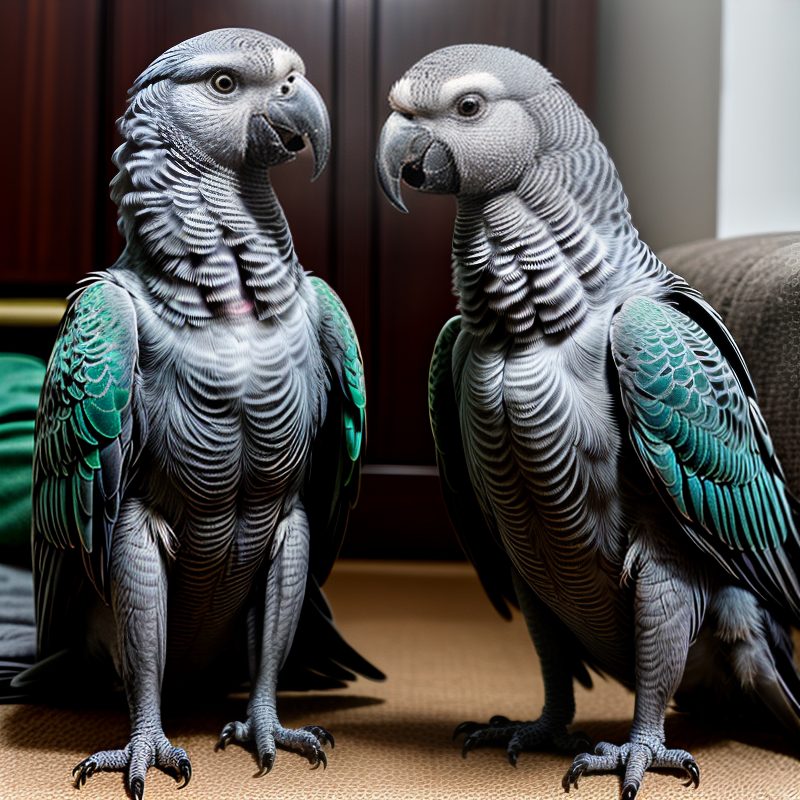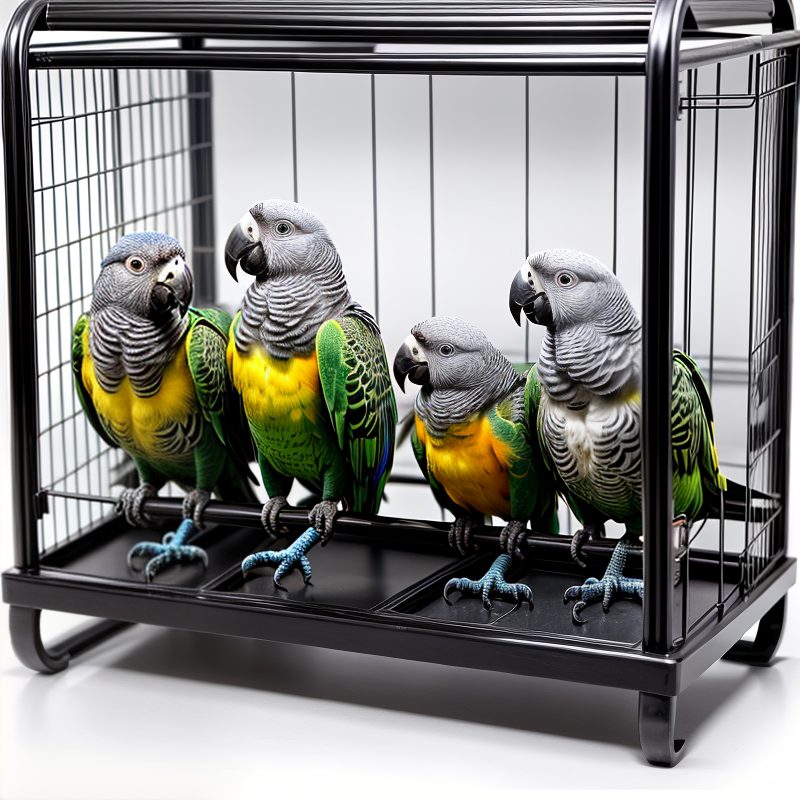Introduction
The African Grey Parrot, known scientifically as Psittacus erithacus, is one of the most intelligent and popular pet birds in the world. Renowned for their exceptional cognitive abilities and striking plumage, these parrots have captivated the hearts of bird enthusiasts for centuries. One crucial aspect of their care that often concerns potential and current owners is their lifespan. Understanding the factors that influence the lifespan of African Grey Parrots is essential for providing them with the best possible care and ensuring a long, healthy life.
Natural Habitat and Lifespan in the Wild
In the wild, African Grey Parrots are found in the dense forests and savannas of West and Central Africa. These habitats provide them with a rich diet and ample opportunities for social interaction, which are critical for their well-being. In their natural environment, African Grey Parrots typically live for 20 to 30 years. However, their lifespan can be significantly affected by various factors, including predation, disease, and habitat destruction.
- Predation: In the wild, African Grey Parrots face threats from predators such as eagles, hawks, and snakes. The constant threat of predation can lead to stress and, in some cases, premature death.
- Disease: Wild parrots are susceptible to a range of diseases, including psittacine beak and feather disease (PBFD), which can severely impact their health and lifespan.
- Habitat Destruction: Deforestation and habitat fragmentation due to human activities have led to a decline in the population of African Grey Parrots in the wild. Loss of habitat reduces their access to food and nesting sites, further shortening their lifespan.
Lifespan in Captivity
African Grey Parrots can live significantly longer in captivity than in the wild, with some individuals reaching ages of 50 to 60 years or more. This extended lifespan is largely due to better nutrition, medical care, and a safer living environment. To maximize the lifespan of an African Grey Parrot in captivity, it is essential to address several key factors:
- Diet and Nutrition: A balanced diet is crucial for the health and longevity of African Grey Parrots. In captivity, their diet should include a mix of high-quality pellets, fresh fruits, vegetables, and occasional nuts and seeds. Calcium and vitamin supplements may also be necessary to prevent deficiencies.
- Medical Care: Regular veterinary check-ups are vital to detect and treat potential health issues early. Vaccinations, parasite control, and routine health screenings can prevent many common diseases that affect parrots.
- Mental Stimulation: African Grey Parrots are highly intelligent and require mental stimulation to stay healthy. Providing toys, puzzles, and opportunities for social interaction can prevent boredom and stress, which can negatively impact their lifespan.
- Physical Exercise: Regular physical activity is important for maintaining the health of African Grey Parrots. Allowing them to fly in a safe, controlled environment and providing climbing structures and toys can help keep them physically fit.
- Environmental Enrichment: Creating a stimulating and safe environment is essential for the well-being of African Grey Parrots. This includes providing a spacious cage, perches of varying sizes and textures, and opportunities for foraging.
Common Health Issues and Their Impact on Lifespan
African Grey Parrots are prone to certain health issues that can affect their lifespan. Being aware of these issues and taking preventive measures can help ensure a long and healthy life for your parrot.
- Psittacine Beak and Feather Disease (PBFD): PBFD is a viral disease that affects the beak, feathers, and immune system of parrots. There is no cure for PBFD, and it can be fatal. Regular health screenings and maintaining good hygiene can help reduce the risk of infection.
- Hypocalcemia: African Grey Parrots are particularly susceptible to calcium deficiencies, which can lead to weak bones, seizures, and other health problems. Providing a calcium-rich diet and supplements can help prevent hypocalcemia.
- Respiratory Infections: These can be caused by bacteria, fungi, or viruses. Symptoms include sneezing, nasal discharge, and difficulty breathing. Prompt veterinary care is essential to treat respiratory infections and prevent complications.
- Obesity: Overfeeding and a lack of exercise can lead to obesity in African Grey Parrots, which can shorten their lifespan. A balanced diet and regular physical activity are crucial for maintaining a healthy weight.
- Feather Plucking: This behavior can be a sign of stress, boredom, or underlying health issues. Addressing the root cause of feather plucking is essential to prevent further health problems and ensure the well-being of the parrot.
Lifespan Records and Anecdotal Evidence
There are numerous reports of African Grey Parrots living well into their 50s and even 60s in captivity. For example, an African Grey Parrot named “Tarbu” was documented to have lived to the age of 55. These long-lived parrots are often provided with exceptional care, including a nutritious diet, regular veterinary attention, and ample mental and physical stimulation.
Conclusion
The lifespan of an African Grey Parrot is influenced by a combination of genetic, environmental, and care-related factors. While wild African Grey Parrots typically live for 20 to 30 years, those in captivity can live significantly longer, often reaching ages of 50 to 60 years or more. By providing a balanced diet, regular medical care, mental and physical stimulation, and a safe and enriching environment, you can help ensure a long and healthy life for your African Grey Parrot. Understanding the common health issues and taking preventive measures can further contribute to their well-being and longevity.
Owning an African Grey Parrot is a long-term commitment that requires dedication and effort, but the rewards of having a healthy, happy, and long-lived companion are immeasurable. Whether you are a seasoned bird owner or considering bringing an African Grey Parrot into your home for the first time, educating yourself about their needs and lifespan is the first step towards providing them with the best possible care.
